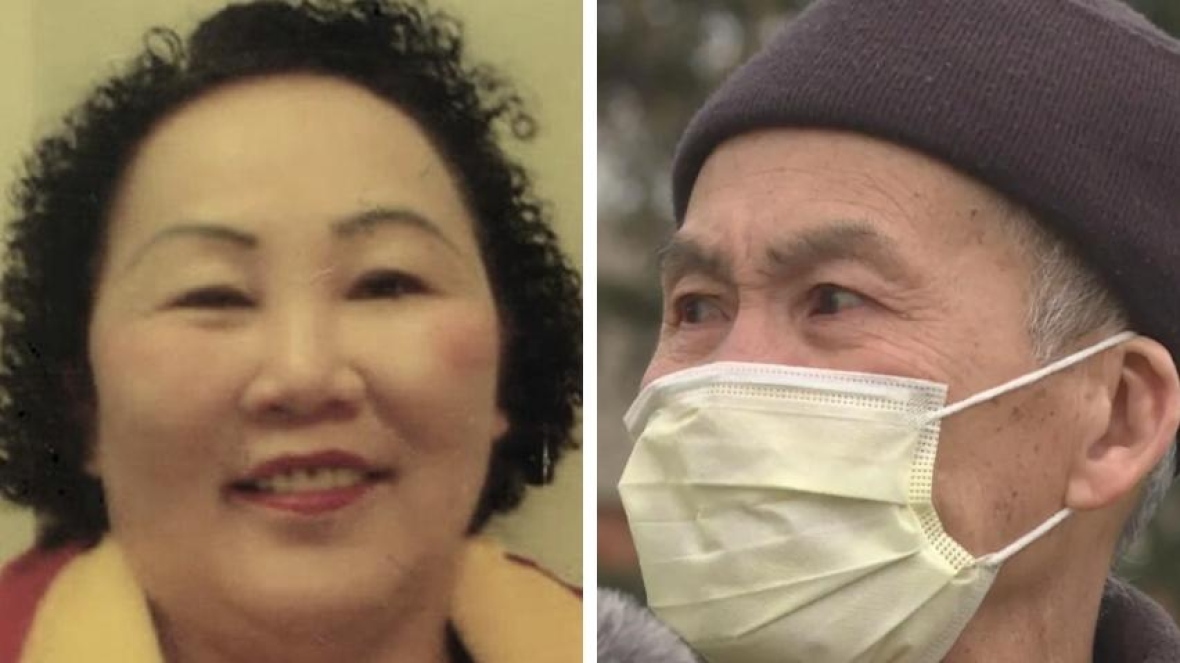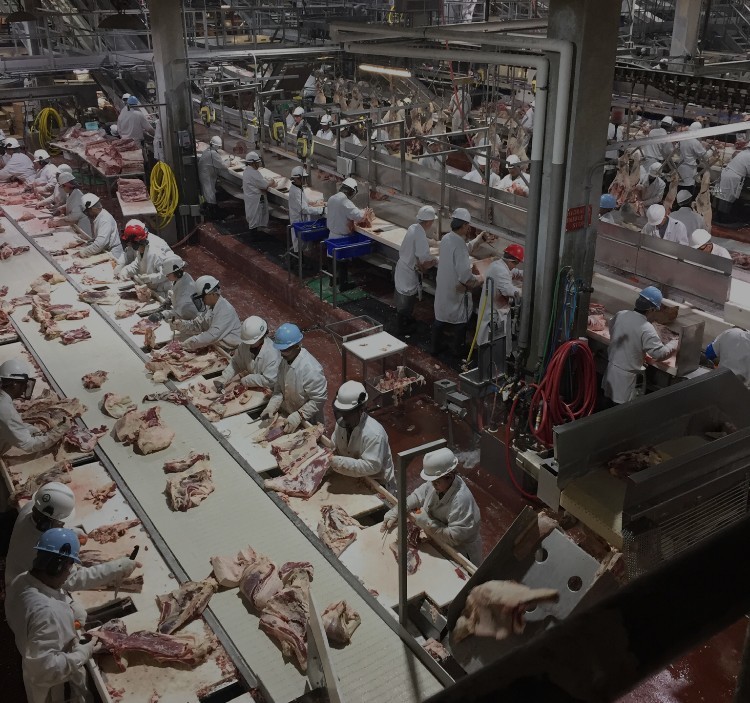Note: This story contains details that some may find upsetting.
Hiep Bui spent 23 years at the Cargill meat-packing plant in southern Alberta — picking out bones from ground beef in a refrigerated room.
The 67-year-old was one of around 2,000 workers at the plant, located near the town of High River, south of Calgary.
The plant is the site of the largest COVID-19 outbreak linked to a single facility in North America, according to outbreak data from Canadian and U.S. health authorities. A total of 1,560 cases have been linked to the plant, provincial health officials say, with 949 employees testing positive and one death — Bui.
Her death, and the coronavirus outbreak, put into sharp relief the heavy toll meat-packing work can take on members of a workforce that often have few other opportunities.
"The union asked for help, the workers asked for help. The workplace was declared safe ... and a worker has died," said Alex Shevalier, president of the Calgary and District Labour Council, during an online vigil for workers who have lost their lives on the job.
"What we do now is what matters. We cannot bring that sister back but we have to fight for the living. We need a public inquiry and we need a criminal investigation and we need them now.”

On Monday, the same day the Cargill plant reopened after a two-week closure, Bui’s memorial service was livestreamed on social media.
Bui’s husband of more than 25 years, Nga Nguyen — who also works at Cargill and contracted COVID-19 — was asked whether Cargill had called him to express its condolences.
Nguyen shrugged and shook his head. Communicating in Vietnamese through an interpreter, he said, no, the company hadn’t called.
“He’s feeling numb,” his interpreter said. “He doesn’t know if he’s angry. Just numb.”
Cargill, a company worth billions, has been accused by employees and the union of caring more about its bottom line than worker wellbeing.
"Honestly speaking, they don't care about their employees," one worker said. "They're saying they can replace people at any time. They don't care."
John Keating, president of Cargill Meat Solutions, a subsidiary of Cargill, said the company puts people first. He said his heart hurts to lose an employee, and he was surprised to hear the company has yet to reach out to Bui's husband.
He said the company was “hit overnight” by the outbreak and there are lessons to be learned.
“If we need to feel the need to apologize, absolutely, we will apologize. We're a very humble organization, we feel bad about what happened but at the same time we're very confident in how we run our businesses, how we run our processes.”
On Tuesday, the day after CBC News spoke to Keating, the company said it had reached out to Nguyen to offer condolences.
After employees first began to test positive for the coronavirus, some told CBC News they continued to work in close quarters with colleagues despite physical distancing measures put in place by the company and said Cargill pressured them to return to work even after they contracted COVID-19.
The number of cases at Cargill is staggering even when compared with the U.S., which has the highest total number of active COVID-19 cases and deaths in the world. As of May 1, there were 4,913 COVID-19 cases in total among all meat-packing plants in the U.S., according to the U.S. Centers for Disease Control.
CBC News interviewed 14 current employees of Cargill for this story. Their identities have been kept confidential because they fear negative impacts on their employment should they be identified.

The workers at the plant are primarily immigrants to Canada or temporary foreign workers and many speak limited to no English. Some say their job security is key to them remaining in the country.
Employees have said they’ve sustained injuries at the plant, from blackened fingers to knee damage that has made it difficult to walk.
Cargill said ergonomic experts were in place at the facility to guide the work.
"We have a ramp-up plan in place to ensure our team builds strength and protects their long-term health. We are focused on keeping our employees safe and healthy now and for the future," company spokesperson Daniel Sullivan said in an email.
https://news.google.com/__i/rss/rd/articles/CBMiQWh0dHBzOi8vbmV3c2ludGVyYWN0aXZlcy5jYmMuY2EvbG9uZ2Zvcm0vY2FyZ2lsbC1jb3ZpZDE5LW91dGJyZWFr0gEA?oc=5
2020-05-06 08:01:04Z
52780765001299
Tidak ada komentar:
Posting Komentar